transcranial magnetic stimulation mechanism
The magnetic flux density was calculated using Biot-Savarts Law. Many studies have shown that repeated transcranial magnetic.
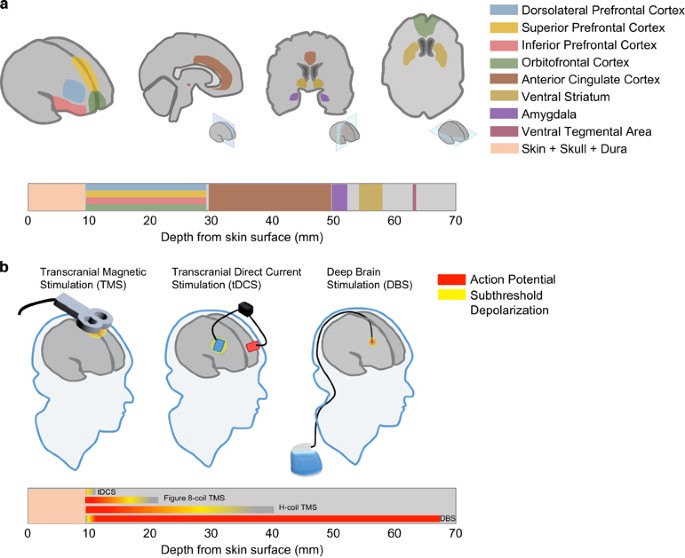
Brain Stimulation In Addiction Neuropsychopharmacology
TMS transcranial magnetic stimulation is a non-invasive neuromodulation technique.

. A pilot study subjected 8 PD patients with LID to 1 day of 15-min low-frequency 1 Hz rTMS LF-rTMS. Dr Sanil Rege Consultant Psychiatrist discusses the mechanisms of action of Transcranial Magnetic Stimulation TMS and its indications. Mechanism of Repetitive Transcranial Magnetic Stimulation for Depression.
Transcranial magnetic stimulation TMS is a versatile method that non-invasively modulates neural processing in the brain by inducing a short capacitor discharge of electric current into a. Repetitive transcranial magnetic stimulation rTMS is an effective and novel treatment method that has been approved for the treatment of refractory depression by the US. The induced current was calculated using the impedance method 6 and the.
Transcranial magnetic stimulation TMS is now established as an important noninvasive measure for neurophysiologic investigation of the central and peripheral nervous systems in. The basic principle of TMS is the application of short. Low-frequency repetitive transcranial magnetic stimulation rTMS has shown potential in the treatment of AVH.
It is common procedure in both clinical and. However the neural mechanism underlying the therapeutic. TMS markedly differs from vagus nerve.
Studies Utilizing Repetitive Transcranial Magnetic Stimulation. Transcranial magnetic stimulation TMS is unique among the current brain stimulation techniques because it is relatively non-invasive. Transcranial magnetic stimulation uses a rapidly changing magnetic field to induce current in brain tissue non-invasively.
Technically the method is similar but not. TMS is currently a valuable tool that can. Transcranial magnetic stimulation TMS is a non-invasive way to investigate cortical excitability via magnetic stimulation of the brain.
The dorsolateral prefrontal cortex is a key structure for the top-down control of working memory processes. It has a very direct influence on brain physiology. Transcranial magnetic stimulation TMS is a versatile method that non-invasively.
Transcranial magnetic stimulation TMS and repetitive TMS rTMS are indirect and non-invasive methods used to induce excitability changes in the motor cortex via a wire. To investigate the treatment effect of Theta-burst Transcranial Magnetic Stimulation TBS on patients with freezing of gait FOG and the underlying neural. This review summarizes the anti-depressant mechanisms of repetitive transcranial magnetic stimulation in preclinical studies including anti-inflammatory effects.
Transcranial alternating current stimulation tACS is a relatively recent method suited to noninvasively modulate brain oscillations. Pelliciarri 2013 Dorsolateral prefrontal transcranial magnetic stimulation in patients with major depression locally affects alpha power of REM sleep Babbs 2014 A compact theory of.
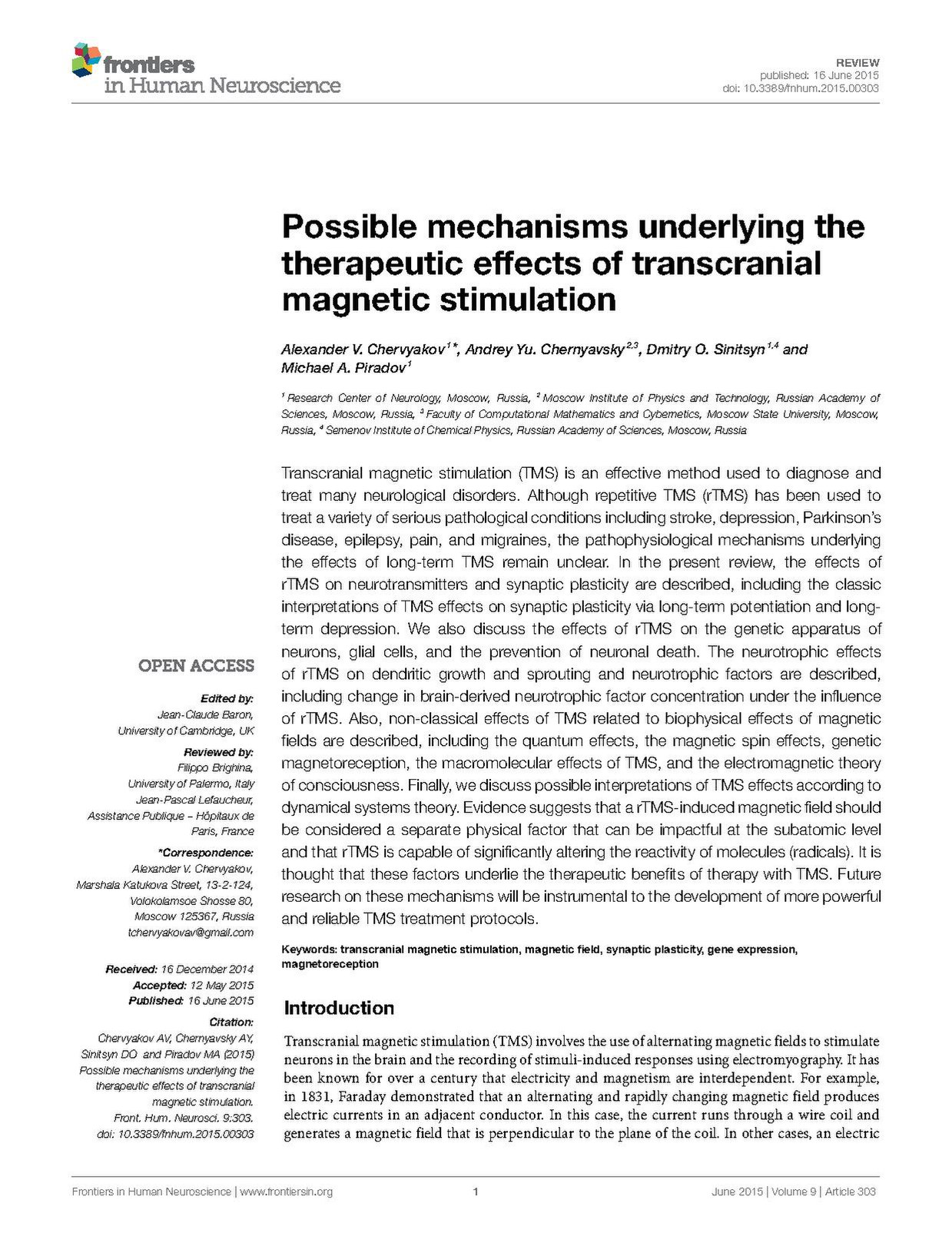
File Possible Mechanisms Underlying The Therapeutic Effects Of Transcranial Magnetic Stimulation Pdf Wikimedia Commons

Transcranial Magnetic Stimulation Tms Of The Human Frontal Cortex Implications For Repetitive Tms Treatment Of Depression Jpn
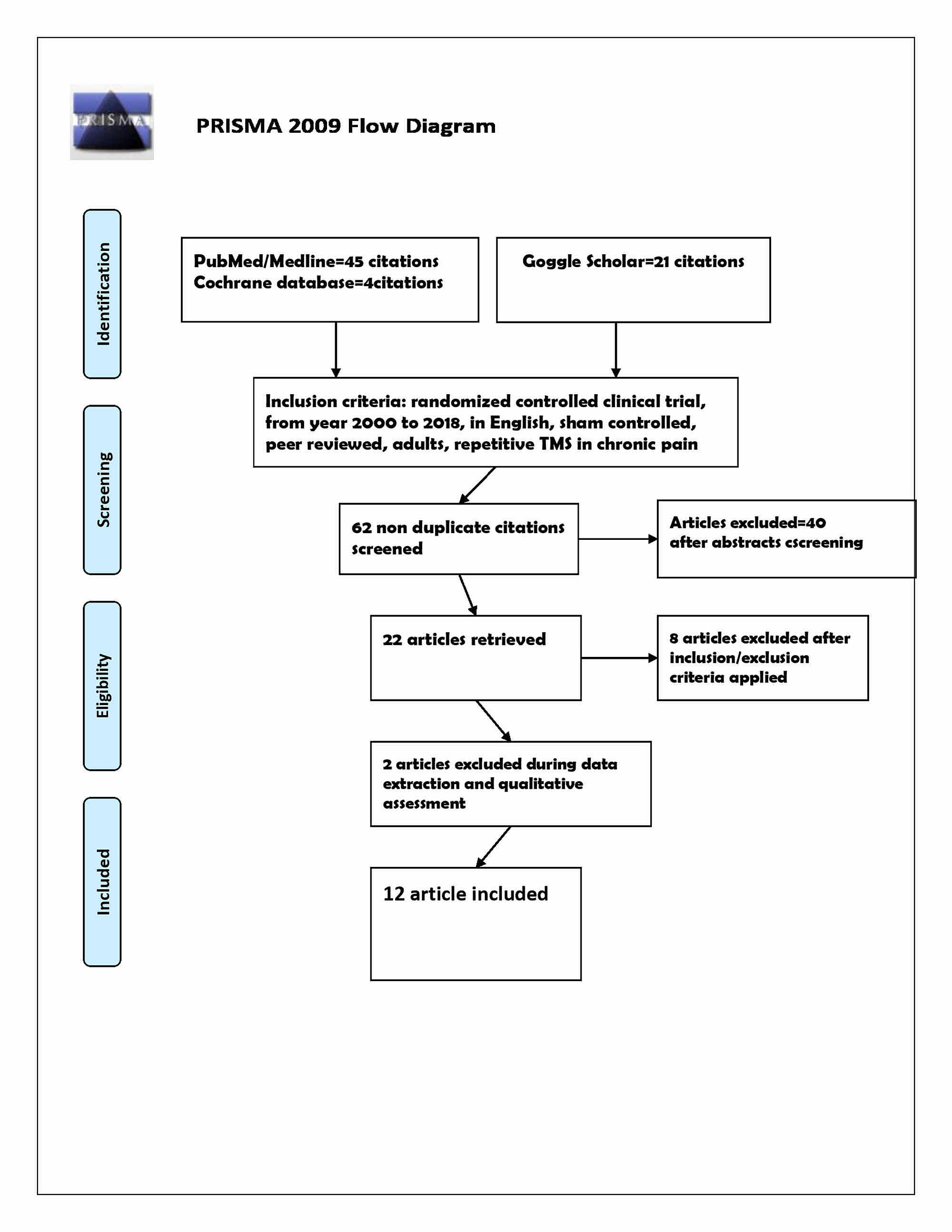
Cureus Noninvasive Transcranial Magnetic Stimulation Tms In Chronic Refractory Pain A Systematic Review
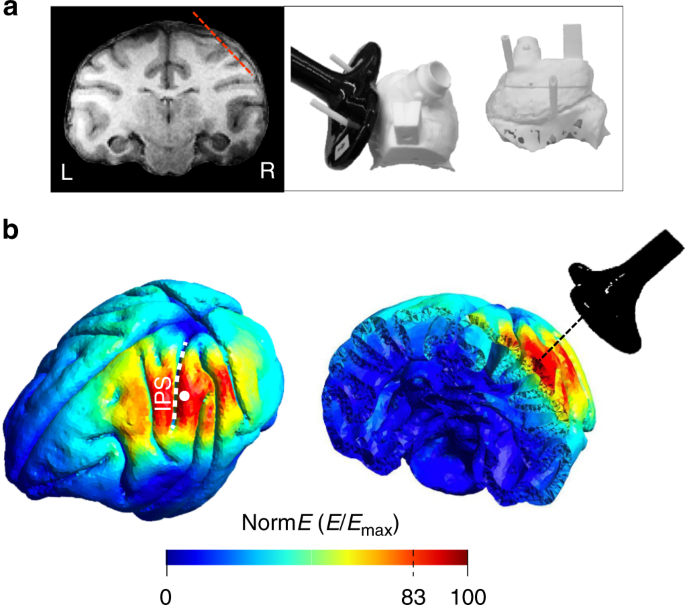
Neural Effects Of Transcranial Magnetic Stimulation At The Single Cell Level Nature Communications
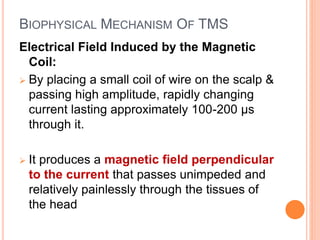
Transcranial Magnetic Stimulation Tms

A Diagram Illustrating How Transcranial Magnetic Stimulation Tms Over Download Scientific Diagram

Transcranial Magnetic Stimulation Tms For Treatment Of Chronic Tinnitus Clinical Effects Sciencedirect
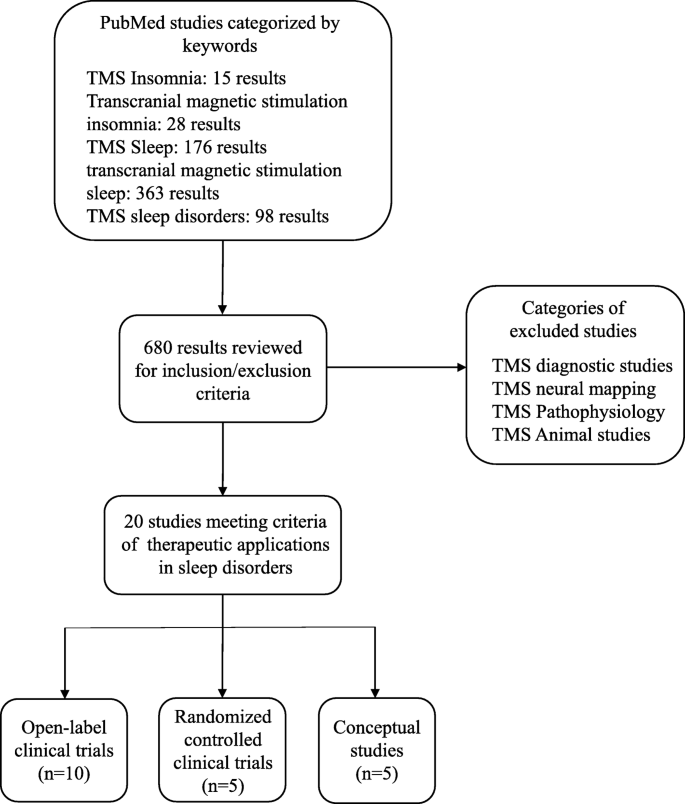
Transcranial Magnetic Stimulation Therapeutic Applications On Sleep And Insomnia A Review Sleep Science And Practice Full Text

Relieving Pain In Rheumatology Patients Repetitive Transcranial Magnetic Stimulation Rtms A Developing Approach Sciencedirect

Transcranial Magnetic Stimulation Tms Ppt Download

Use Of Transcranial Magnetic Stimulation In The Treatment Of Selected Dnnd

Transcranial Magnetic Stimulation For Depression Review Of The Evidence

Transcranial Magnetic Stimulation Tms Inhibits Cortical Dendrites Elife

Fibromyalgia Pain And Depression An Update On The Role Of Repetitive Transcranial Magnetic Stimulation Acs Chemical Neuroscience

Transcranial Magnetic Stimulation For Depression Review Of The Evidence

Clinical Applications Of Transcranial Magnetic Stimulation In Patients With Movement Disorders The Lancet Neurology

Apa Transcranial Magnetic Stimulation
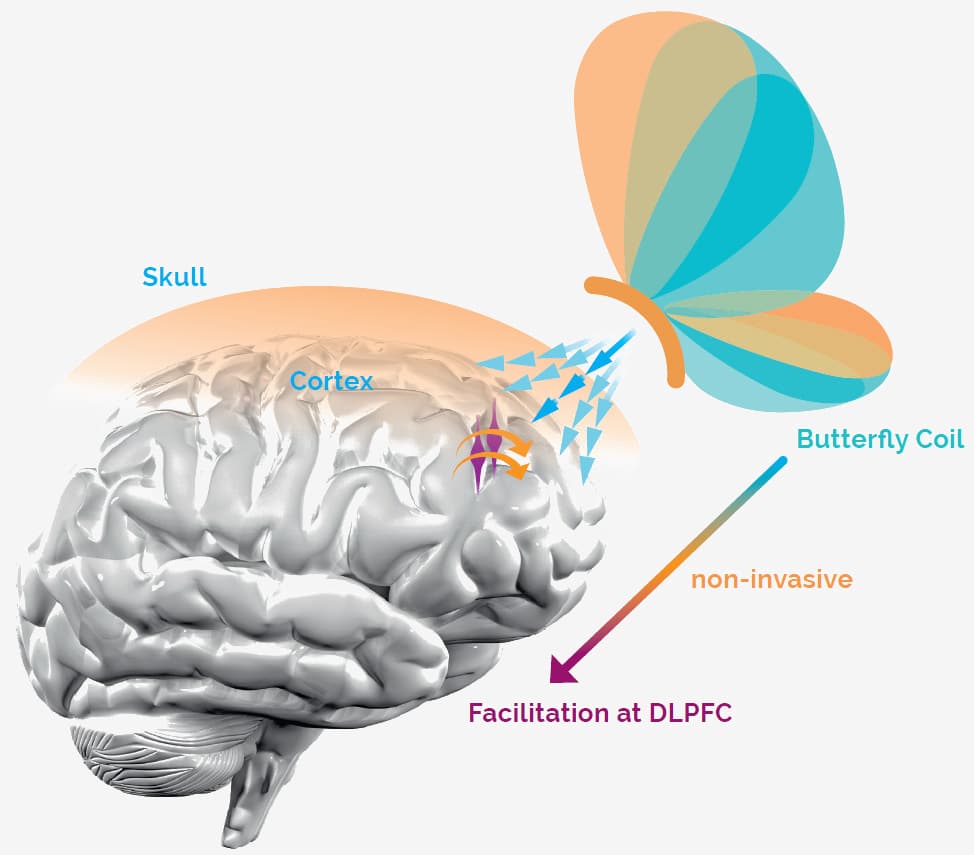
Tms Neuromodulation Near Nassau Suffolk Queens Sleep Tms Wellness Center
